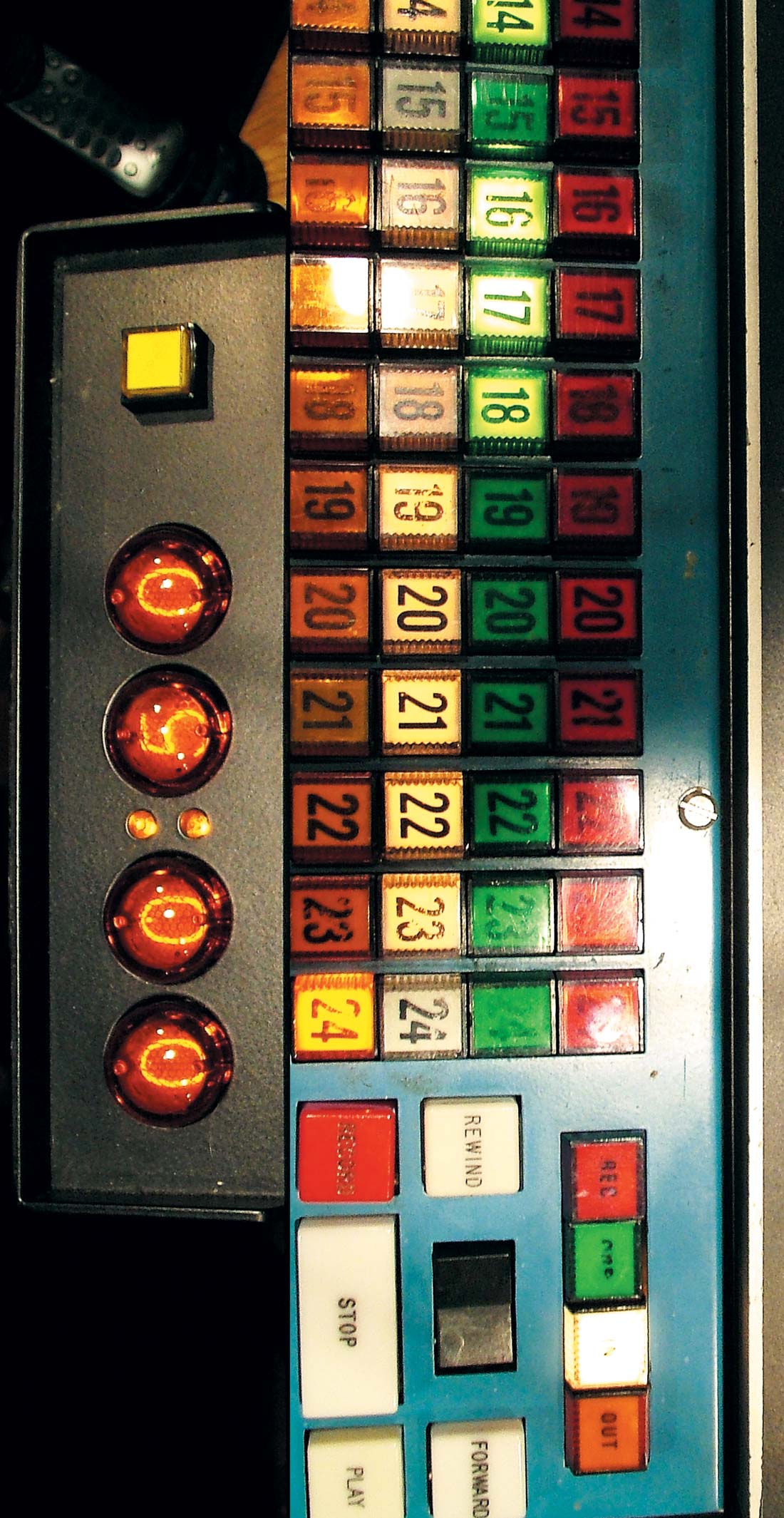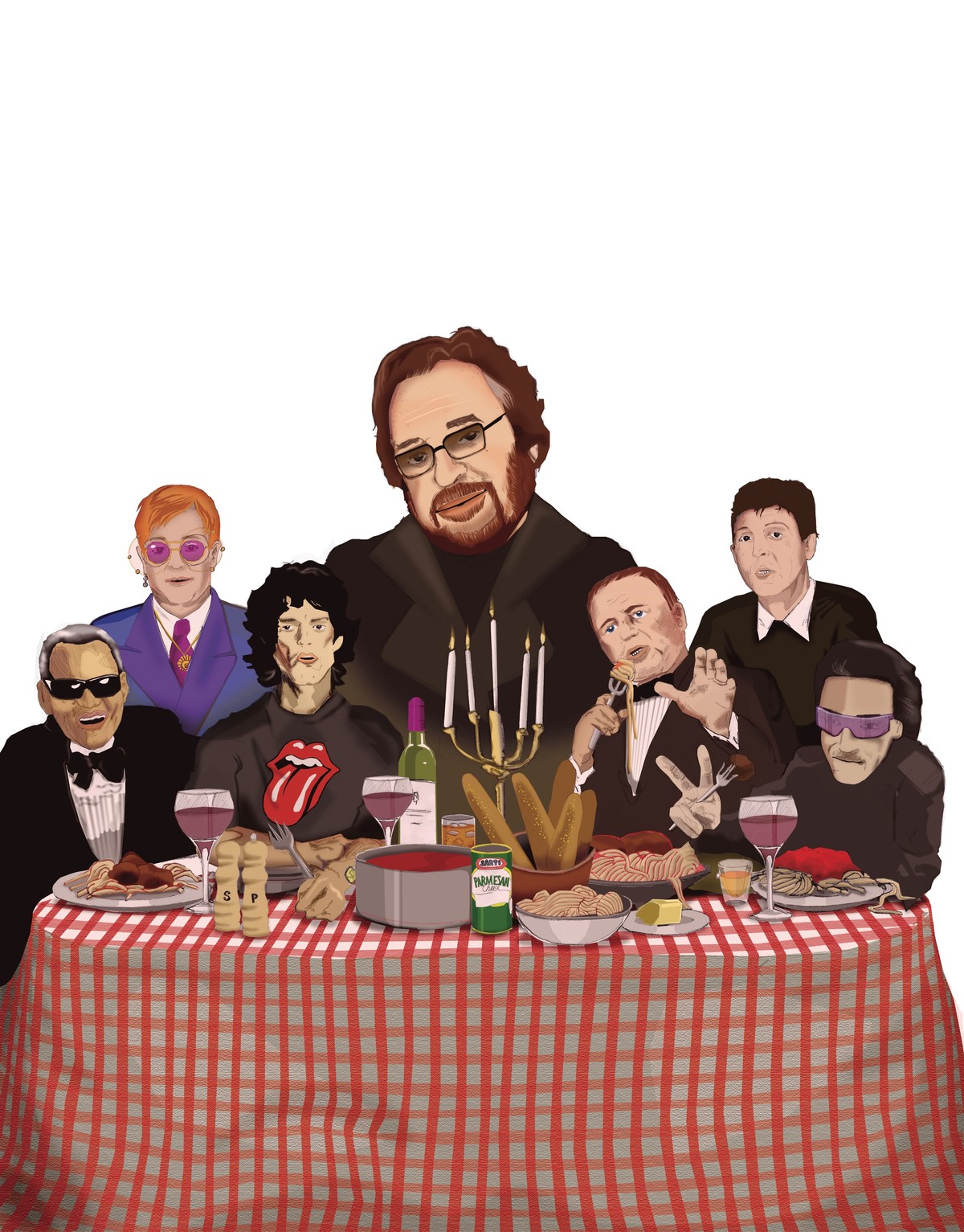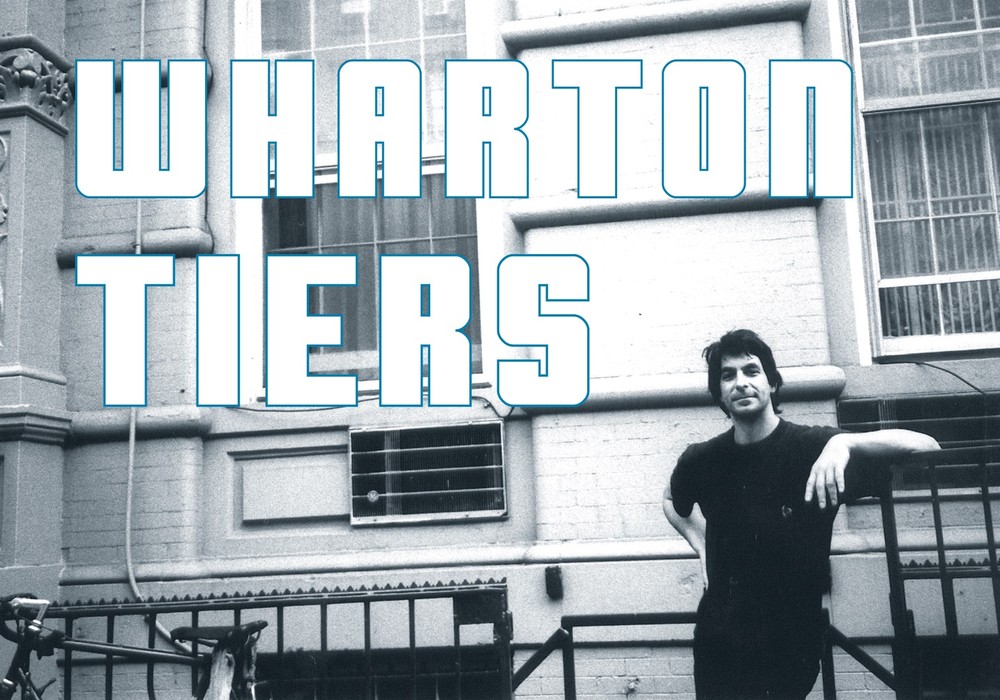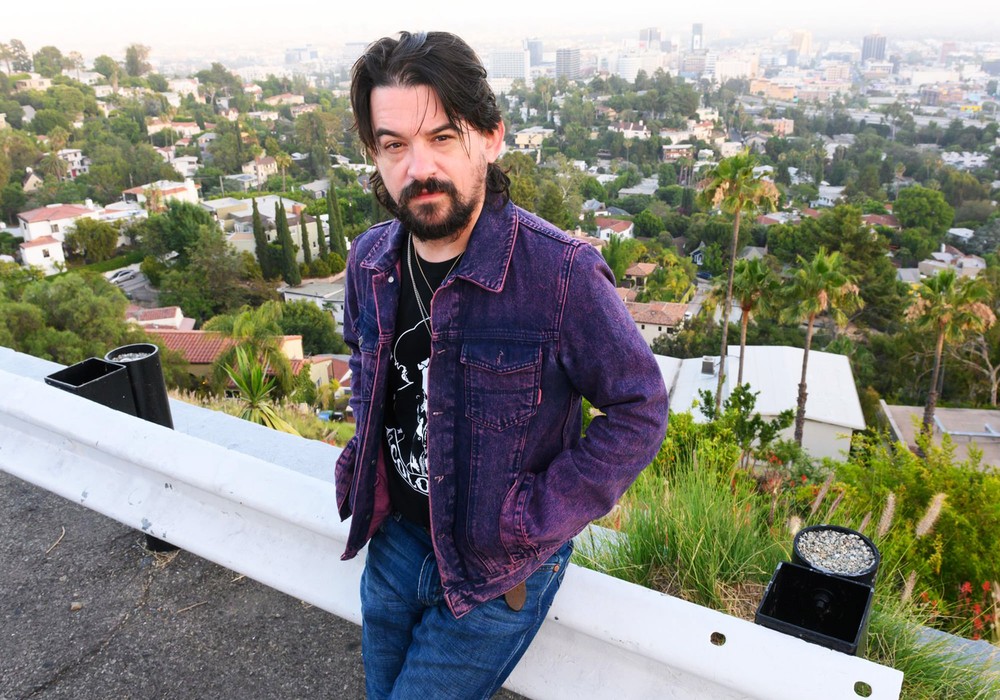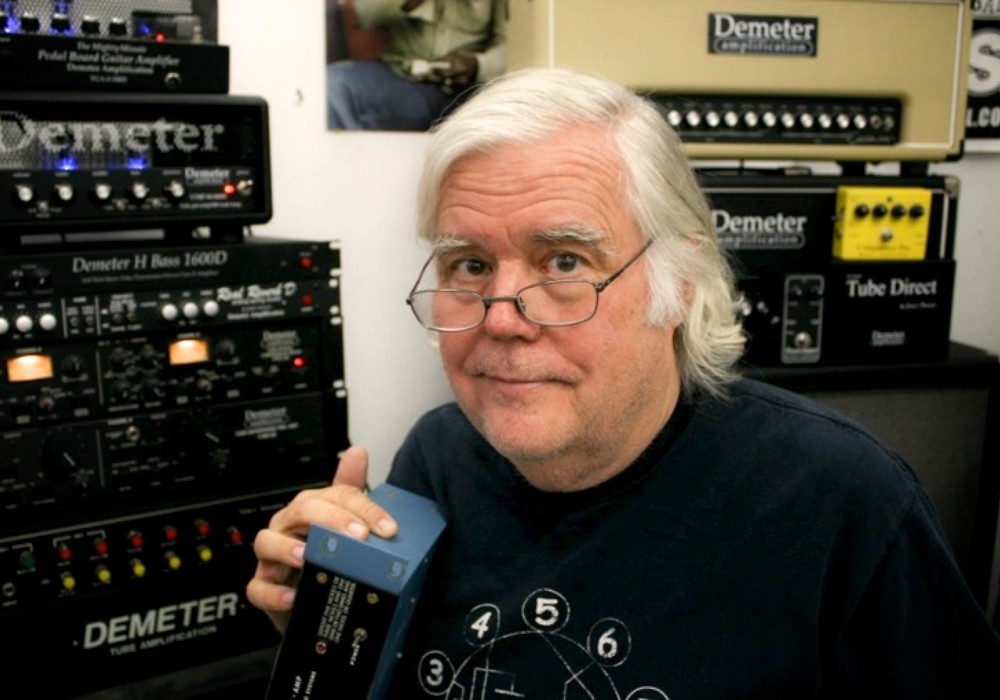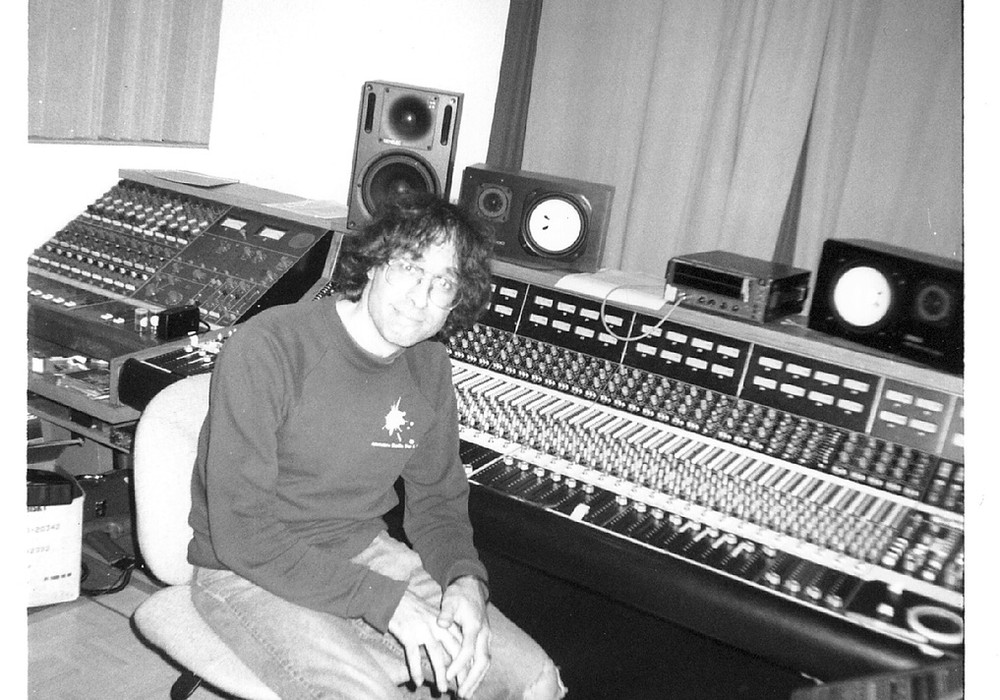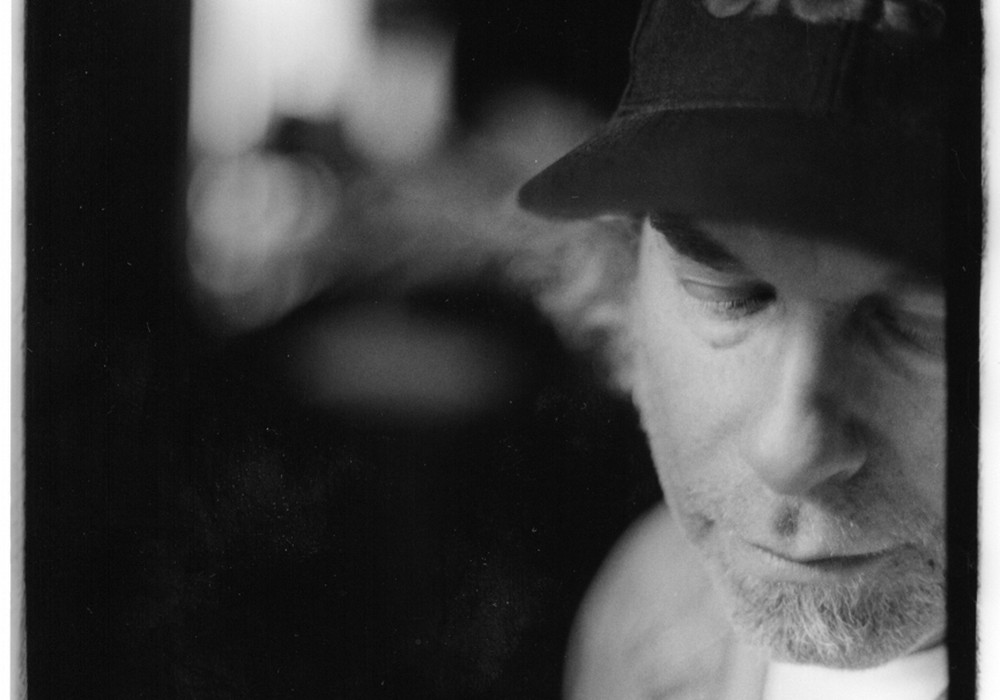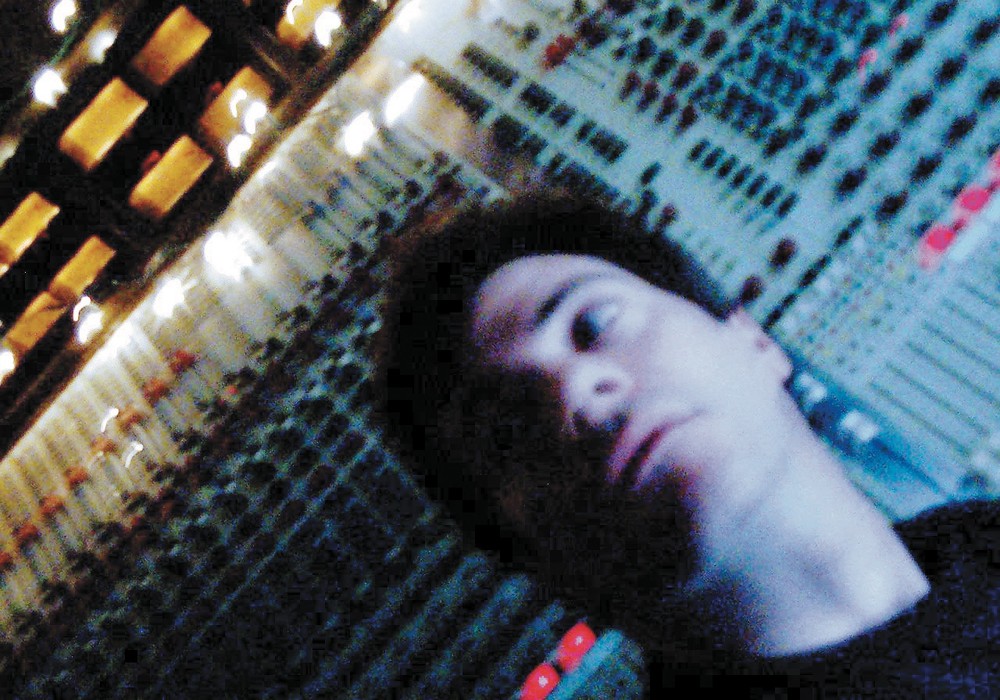Months of email and phone tag pursuit went into the scheduling, rescheduling and subsequent rescheduling of this interview with one of my longtime producer-idols, the incredible (and fabulously friendly) Phil Ramone. Phil is one of those guys whose reputation precedes himself. Since turning his first knob and sliding his first fader almost 50 years ago, Phil Ramone has virtually defined the history of audio production in this country. Having captured some of the most unforgettable musical moments of the 20th and 21st centuries -from Marilyn Monroe's "Happy Birthday, Mr. President" and Billy Joel's "Scenes from an Italian Restaurant" to the posthumously-released Ray Charles album, Genius Loves Company — Phil Ramone truly defines the art of recording, the sublime transcendence achieved by really good record production. I was lucky enough to catch up with Phil during a break from a recent Ray Charles mixing session with Frank Filipetti at New York City's Right Track Recording Studio.
You started your career in music as a child violin prodigy. Obviously from the very beginning, musicianship and a musician's ear were very important concerns to you.
I think that sometimes we're very fortunate to get the basics. By the time I was 11 or 12, I certainly was more versed in classical music. But my passion was to try to play jazz on the violin. I did anything and everything to try to translate to the violin what Les Paul and all those people were doing electronically with overdub recording. I was listening to Charlie Parker and a lot of great artists of the time, and I figured out that if I could learn about what the electronics were, I might have a better shot of trying to make these sounds on the violin. So I started messing with creating an electric violin — or trying to find one that sounded different, using effects. I befriended a guy who was in a recording studio in New York, who was a great engineer. His name was Bill Schwartau — and a guy named Charlie Layton had a little demo studio called JAC. By the time I was in the latter part of my teens, I was already learning how to make demos really fast, how to write string lines, how to engineer, how to cut a disc. So my background was more about understanding the treasure of what the marriage of musicianship and engineering could be.
It's a different approach from what a lot of people are doing today.
Yeah. But we're much better off now in many ways, because there are really good schools like Berklee and Full Sail. In the early '70s, I was part of a studio called A&R Recording. At that studio, we trained our own people. We started our own aural school, so to speak. We took people like Elliot Scheiner and other folks. Everybody has gone on to do great work, but the common denominator was that they all came from bands like Dave Green and David Smith, and the people who came to work for me all had some kind of technical background. I gave a lot of credit to the real high-end technical people who never stopped imagining what could be better, or why it should be better. as a child working as a fiddle player and getting into studios, by the time I was in my teens, I was playing several sessions a week. When I really got involved in the process, I realized that engineers were separate from us. They treated you a little bit more elusively. They trusted what they had to do, but if you messed up or didn't play in the style they were expecting you to, they didn't talk to you. There were also very strict rules. I learned to break all those rules — correctly. I felt that I got the trust of the musicians that I wouldn't have had otherwise — not being rebellious, but understanding what the musician went through and what the mic'ing of that person was, and what it could mean if you had real contact with them, if you got their help. I recorded in a room that wasn't really big, but it was big enough. This was at the original A&R, the very first building, which was up the street from where we are right now. It became famous because of the attitude. All of us were so willing to work many, many hours, and the records that were made there — the Bacharach and David records, the Neil Diamond records — quite a few records were made there.
Your discography is astounding! It's my entire record collection.
You can have the discography, but I worry about it. Even now, I think about it. Sometimes it rounds out to be too braggadocio and it's not me.
You didn't just happen to be there while all of this amazing music happened around you?
No. We were the first of a group of independent studios that came out of the workings of the major labels. I think a lot of the great engineers — the Al Schmitts and all — either...
